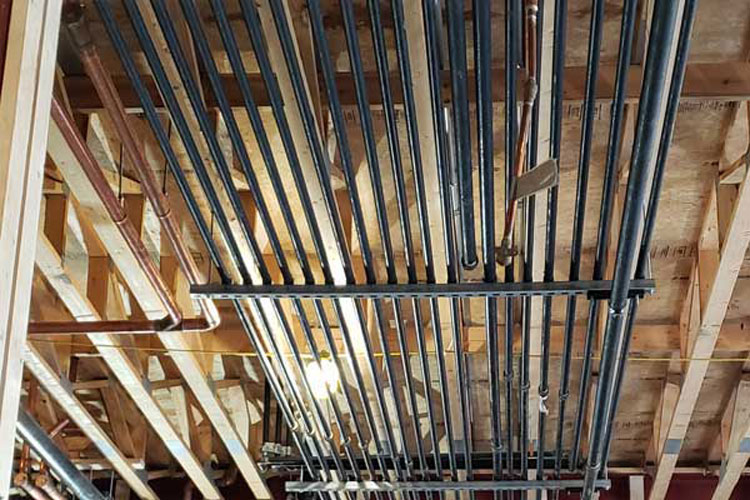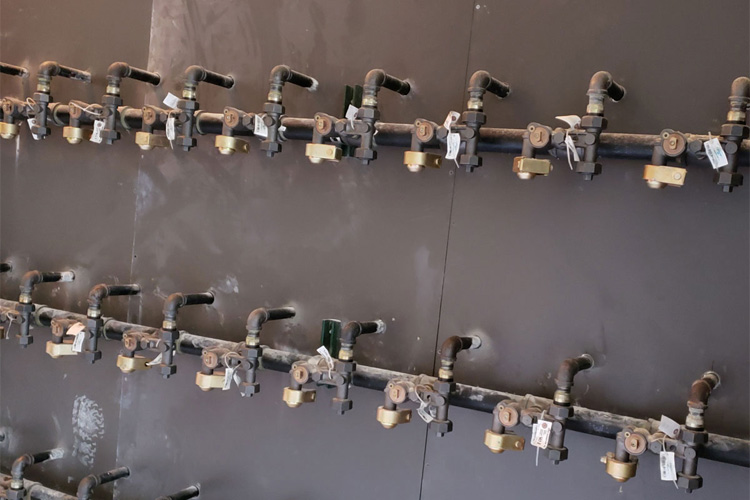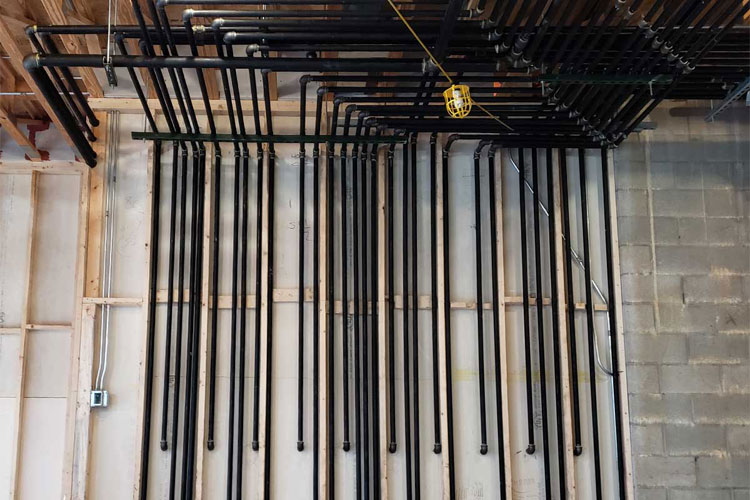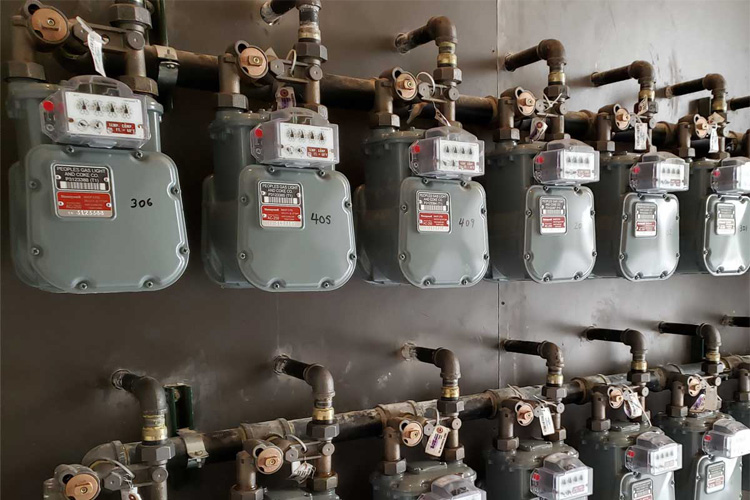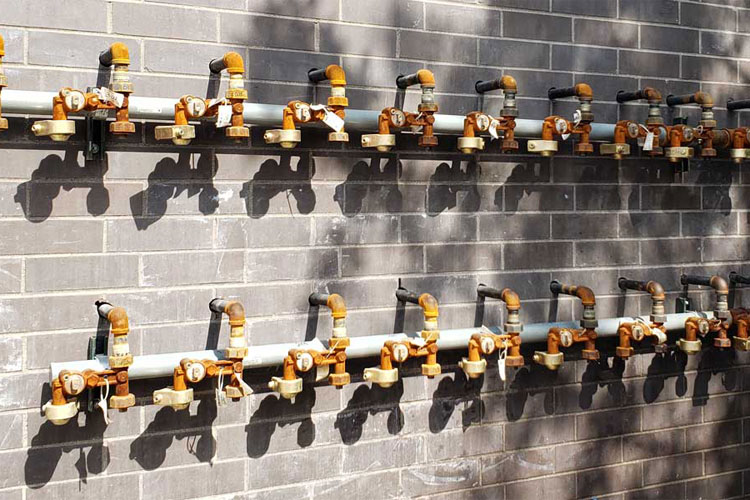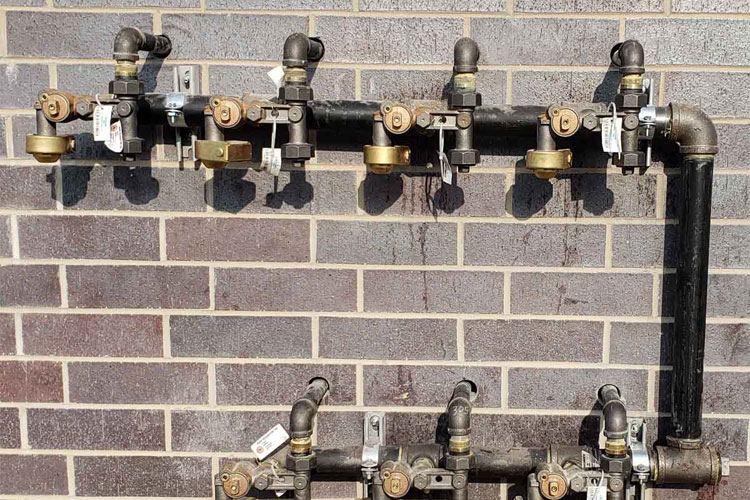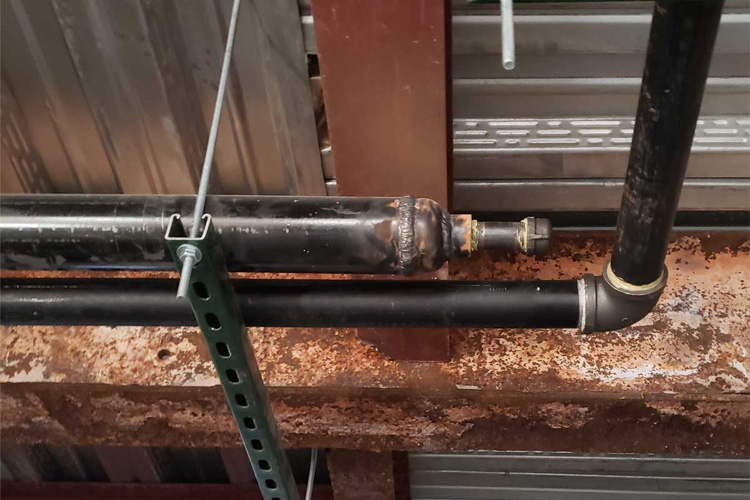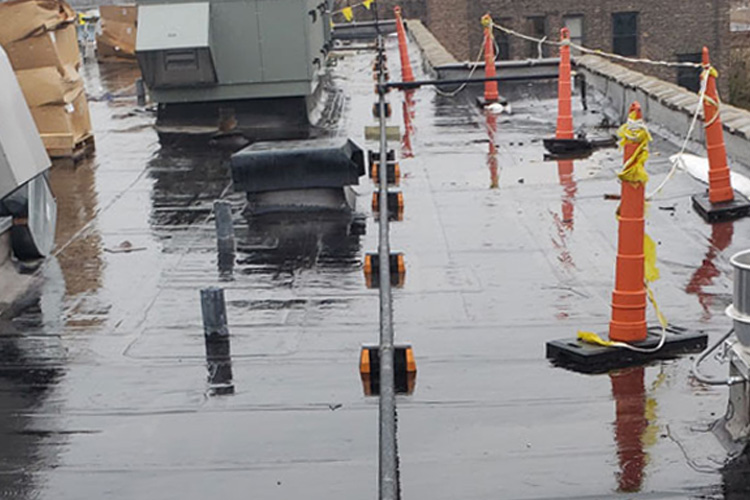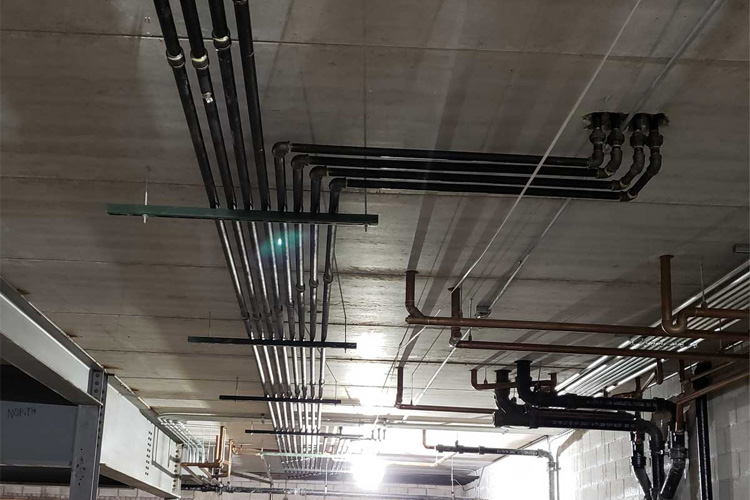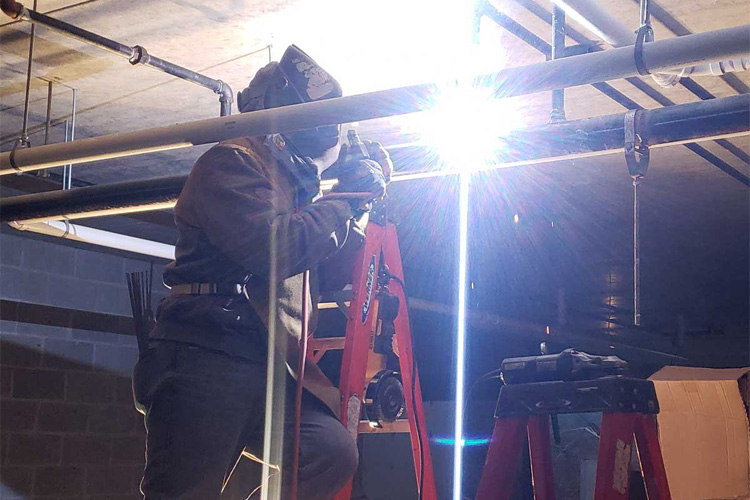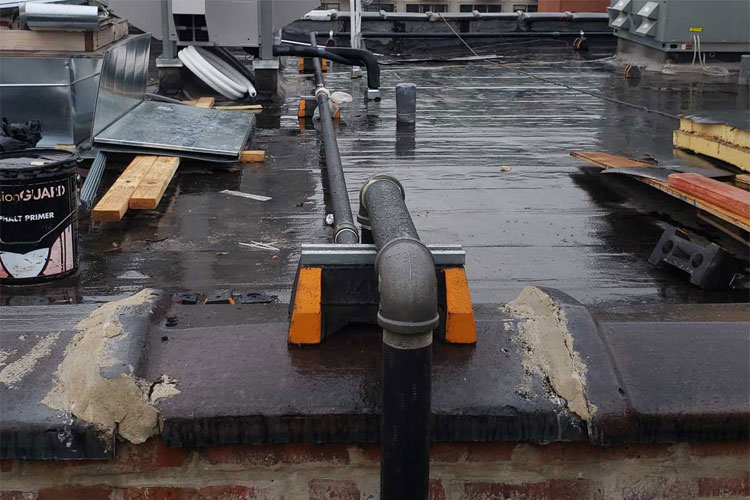What We Provide
We are committed to getting the job done, especially when it comes to your safety. I have over 10 year's specialized gas utilities training(ex-utility company pipefitter). You can count on my team to be professional, timely, and efficient. Whatever the job, we’ve got you covered.

Expert Service
Gas line pressure testing • Gas company appliances disconnections code repairs • Whole home gas line replacement • Gas valve replacement • Flexible gas hose replacement • Gas fireplace installation • Gas appliances installation (dryer,stove, water heater) • Gas grill line installation • Gas meter relocation • Custom meter manifolds • Pool gas line installation • Gas pipe welding

